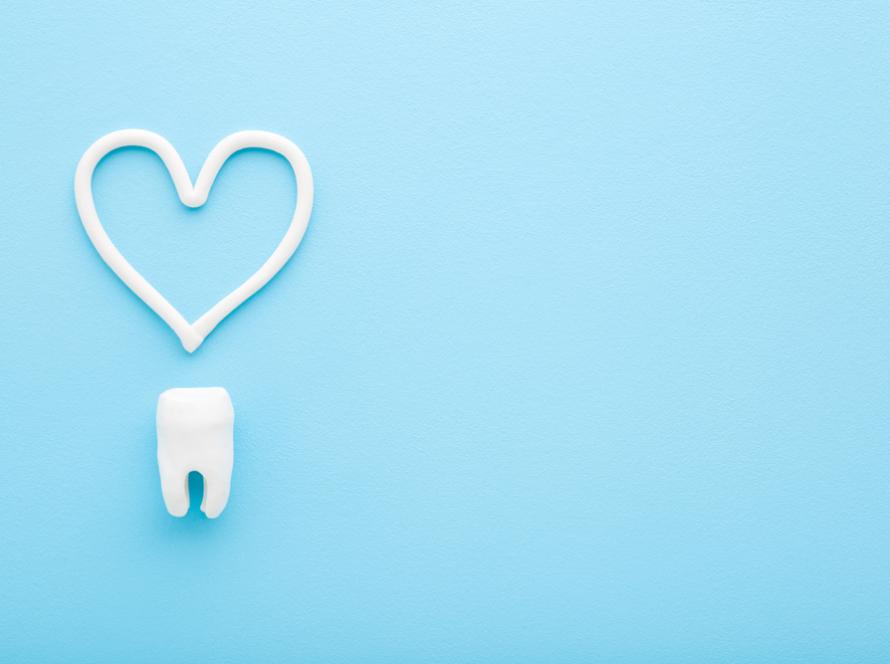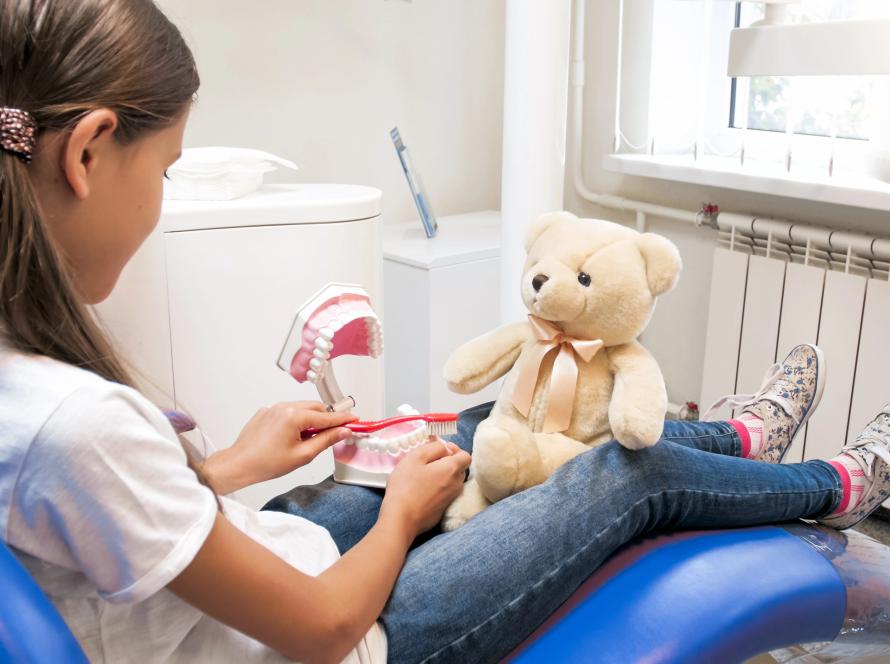When it comes to kids’ oral care, everyday habits can sometimes do more harm than good. While children often grow out of many behaviors naturally, some habits linger—and can take a toll on their healthy smiles. Understanding which habits are harmful and how to manage them is essential for parents aiming to maintain their child’s dental health from the start. (Colgate, Curbing Those Nasty Habits Kids Have, https://www.colgate.com/en-gb/oral-health/kids-oral-care/curbing-those-nasty-habits-kids-have ).
Sucking Thumbs
Thumb-sucking is a common comfort behavior, especially among toddlers. While it’s generally harmless in very young children, persistent thumb-sucking beyond the age of four can start to impact the alignment of teeth and the development of the roof of the mouth. It can even affect the way a child’s bite forms.
Woodlawn Kids Dental explains, “Prolonged thumb-sucking creates constant pressure against the upper front teeth, potentially pushing them forward and leading to open bites or speech issues. We often see this habit cause changes in jaw alignment that require early orthodontic attention. Identifying it early during a kids’ dental checkup gives families more time to implement gentle interventions.”
Chewing Hard Objects
Kids tend to chew on pencils, toy parts, fingernails, or ice—often unconsciously. While it might seem harmless, chewing on hard items can damage the enamel, crack baby teeth, or even affect the roots of developing permanent teeth.
Woodlawn Kids Dental highlights, “Enamel is incredibly strong, but it’s not invincible. When kids chew on hard objects, they’re not just risking chips and cracks—they’re also inviting long-term wear that can impact their kids’ oral care journey well into adolescence. These habits often surface when children are anxious or bored, so addressing the underlying cause can be just as important as stopping the behavior.”
Bottle to Bed
Giving a child a bottle at bedtime—especially one filled with milk or juice—is a tough habit to break, but one of the most damaging. The sugars in these liquids cling to the teeth overnight, feeding cavity-causing bacteria and leading to what’s commonly known as “baby bottle tooth decay.”
Woodlawn Kids Dental shares, “We see the effects of nighttime bottles all the time, especially in toddlers who fall asleep with milk or juice on their teeth. It’s one of the most preventable causes of early childhood cavities. What many parents don’t realize is that even natural sugars in milk can create the perfect storm for decay if not cleaned off. Regular children’s dentist visits are key for catching early signs before they escalate.”
Swallowing Toothpaste
Many kids love the taste of toothpaste, sometimes a little too much. Swallowing small amounts occasionally is generally safe, but habitual swallowing—especially of fluoride toothpaste—can lead to dental fluorosis. This condition causes white or brown spots on permanent teeth as they develop.
Woodlawn Kids Dental mentions, “Parents are often surprised that something as simple as too much toothpaste can have lasting effects. Fluorosis isn’t just a cosmetic concern—it reflects how sensitive developing teeth are to fluoride levels. Teaching kids to spit instead of swallow and using only a pea-sized amount of toothpaste during brushing makes a big difference in maintaining healthy smiles as adult teeth come in.”
Bad habits might be common, but they’re not harmless. With awareness and timely action, parents can help protect their child’s oral health and set them up for a future of healthy smiles. Catching these habits early and seeking advice during a routine kids’ dental checkup can help prevent minor issues from becoming major ones.
Woodlawn Kids Dental expresses, “Every stage of a child’s development brings new challenges—and new opportunities—for dental health. Addressing habits like thumb-sucking or excessive bottle use early ensures kids stay on track for strong, cavity-free teeth. It’s not about perfection—it’s about progress and proactive care.”


